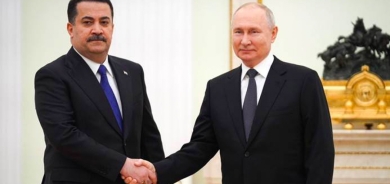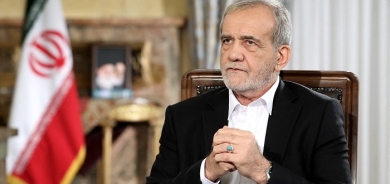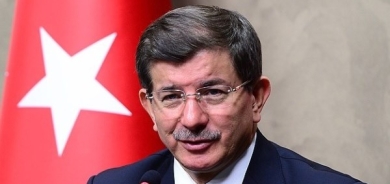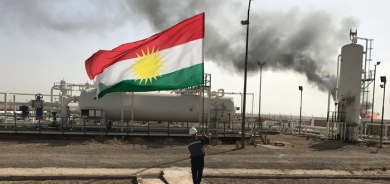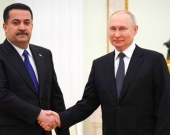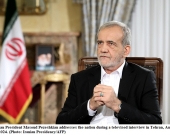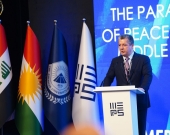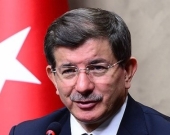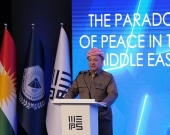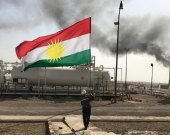Kurdistan Region's Cancer Rates Remain Below Global Average; Hewa Cancer Hospital Calls for Increased Funding

In a statement issued on Thursday, the Kurdistan Region's Ministry of Health confirmed that the incidence of cancer cases in the region has not exceeded the global average. Speaking at the Childhood Cancer Day ceremonies, Regional Deputy Minister of Health Dr. Rahel Faridun emphasized that while cancer rates are on the rise worldwide, Kurdistan's figures remain comparatively lower.
Dr. Faridun cited World Health Organization (WHO) statistics, revealing that out of every 100,000 people globally, 19 are affected by cancer, whereas in Kurdistan, the rate stands at 12 cases per 100,000 individuals across all age groups. Over the past decade, the region has recorded 1,836 cases of childhood cancer alongside approximately 8,500 cases of blood diseases.
During the event, Dr. Ziyad Al-Naqshabandi, the director of Hewa Cancer Hospital, underscored the institution's commitment to providing exceptional care despite facing challenges. He noted that the hospital extends free services to 98% of its patients, a feat unmatched by any other region globally. Dr. Al-Naqshabandi emphasized the hospital's vital role in serving not only the Kurdistan Region but the entirety of Iraq.
Hewa Cancer Hospital, established in 2007, has seen a threefold increase in the number of cases since its inception, prompting calls for increased funding to sustain its operations effectively. Dr. Al-Naqshabandi urged authorities to reassess the hospital's budget to meet the growing demand for cancer care services.
February 15th marks International Childhood Cancer Day, an initiative aimed at raising awareness and advocating for improved care for pediatric cancer patients. Official data from the Kurdistan Region's Ministry of Health revealed that 9,911 individuals received cancer diagnoses in the region last year alone. Over the period spanning 2012 to 2023, a total of 81,062 cancer cases were recorded, with women constituting 23% of those affected.
The calls for increased funding for cancer care services underscore the pressing need to address the growing burden of cancer in the region and ensure access to quality healthcare for all affected individuals.

